Article by DM from In Sheep’s Clothing Hi-Fi
In case you missed it upon its initial release a few months ago, we’d like to praise Sisters with Transistors, a new documentary exploring the untold story of electronic music’s female pioneers. The doc focuses on a group of trailblazing women composers who embraced the advancing music technology in the 1950s and discovered liberation within the machines’ boundless musical possibilities. The film captures a new history of electronic music, showcasing the widely overlooked women responsible for the radical experiments that would define the genre, keying in on ISC favorites including Laurie Spiegel, Pauline Oliveros, Eliane Radigue, Delia Derbyshire and Suzanne Ciani.
“The history of women has been a history of silence. Music is no exception.”
In the film, Spiegel illustrates this by explaining, “We women were especially drawn to electronic music when the possibility of a woman composing was in itself controversial. Electronics let us make music that could be heard by others without having to be taken seriously by the male-dominated establishment.”
Laurie Anderson narrates as the film righteously restores the integral part women played in electronic music’s DNA. By proxy, they also changed how we hear sound, how we approach music production and radically transformed musical thought.
Sign up to stream the full Sister With Transistors film at Metrograph:
https://metrograph.com/live-screenings/sisters-with-transistors/
To get more familiar with the film’s key players, here are some of our favorite releases from their exceptional and diverse catalogs:
Pauline Oliveros – Deep Listening (1989)
In 1988, Pauline Oliveros descended 14 feet into the Dan Harpole underground cistern in Port Townsend, Washington to make this recording. The space once held over two million gallons of water, and because of its expansive size and the way it was bottled in dampness, sound reverberated for 45 seconds. Oliveros, in effect, uses the cistern as an instrument collectively played by her and her Deep Listening Band. A trio of accordion, trombone, and didjeridu improvise melodic drones that decay and swell and whose tones are then smeared and manipulated by the echoed humid atmosphere. Oliveros coined the term “deep listening” — a pun that has also blossomed into musical practice and philosophy. She explains it as “an aesthetic based upon principles of improvisation, electronic music, ritual, teaching, and meditation. This aesthetic is designed to inspire both trained and untrained performers to practice the art of listening and responding to environmental conditions in solo and ensemble situations”.
Delia Derbyshire – Music from the BBC Radiophonic Workshop (1958-1975)
Delia Derbyshire, who we recently covered on the site, faced a similarly oppressive fate and was denied proper credit for her radical early recordings. After struggling for years to find work in an audio studio, she finally landed an ‘assistant’ job at the legendary BBC radiophonic workshop, which was established by fellow electronic pioneer Daphne Oram. Hired to record sound effects for radio and TV, the experimental template afforded her the freedom to compose inspiring tape manipulated electronic music produced entirely by found sounds. “Pot Au Fei,” The Doctor Who theme and ”Bach’s Air” are some of her best. Still, she didn’t see any credit due to the weird policies of the BBC Workshop, a place where composers weren’t allowed to receive credit for their compositions and had to be credited as “assistants.”
Suzanne Ciani – Buchla Concerts (1975)
Recently reissued by Finders Keepers, these improvised concerts are the historical Buchla synthesizer demonstrations performed by Suzanne Ciani. The first concert occurred at minimalist Phill Niblock’s loft and the second at the WBAI Free Music Store.
A crucial document in early modular electronic music, here’s what Finders has to say: “This record represents a musical revolution, a scientific benchmark and a trophy in the cabinet of counter-culture creativity. This record is a triumphant yardstick in the synthesiser space race and the untold story of the first woman on the proverbial moon. While pondering the early accolades of this record it’s daunting to learn that this record was in fact not a record at all… It was a manifesto and a gateway to a new world that somehow never quite opened. If the unfamiliar, modernistic, melodic, pulses, tones and harmonics found on this 1975 live presentation-grant application-educational demonstration had been placed in a phonographic context alongside the promoted work of Morton Subotnick, Walter Carlos or Tomita then the name Suzanne Ciani and her influence would have already radically changed the shape, sound and gender of our record collections. Hopefully there is still a chance.”
Eliane Radigue – Songs of Milarepa (1983)
Eliane Radigue’s tribute to Milapea, the eleventh-century Tibetan saint and poet, is a 40-minute meditation through mystical organic electronics featuring Lovely Music, Ltd head Robert Ashley and Lama Kunga Rinpoche (Tibetan voice) reciting his holy texts. Musically, Radique was a disciple of the musique concrète movement. Studying with Pierre Henry and Pierre Schaeffer before crossing seas and joining the Lovely Music base at Mills College, most of her work, including this one, was exclusively composed with an ARP 2500 modular synthesizer and manipulated tape reels. Fun fact: she also built and shared a studio with the great cosmic synthesist Laurie Spiegel.
Laurie Spiegel – The Expanding Universe (1980)
Recording in a Bell Laboratories hallway from 1973-1977, Laurie Spiegel broke new ground playing and supplying the code to create computer-analog hybrid systems. In doing so, she helped revolutionize the field of music and computer programming. The Expanding Universe is her 1980 debut and is widely established as a classic in the world of electronic, ambient, 20th-century classical music. She can easily be grouped with, and likely inspired, the more appreciated (aka male) greats like Terry Riley, Steve Reich, and Philip Glass. The album is bursting with playfulness, intelligence, and a tranquilizing calm. It’s highly melodic and tonal, with textural analog synths that are either in ascending wonder or wading in stillness through a warm sine wave sea. The Expanding Universe’s celestial ruminations take obvious cues from the disciplined classical compositions of J.S Bach, as well as the more free-spirited radical instrumentals of guitarist John Fahey. Spiegel taps into the best elements of ‘70’s electronic music, from Berlin to the American Midwest, to create a singular musical universe.
This article originally appeared at insheepsclothinghifi.com.



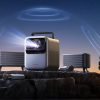

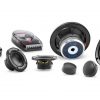
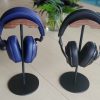
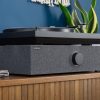



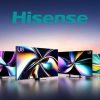







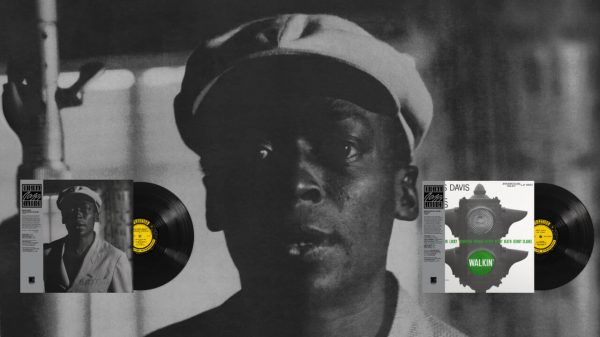
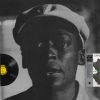



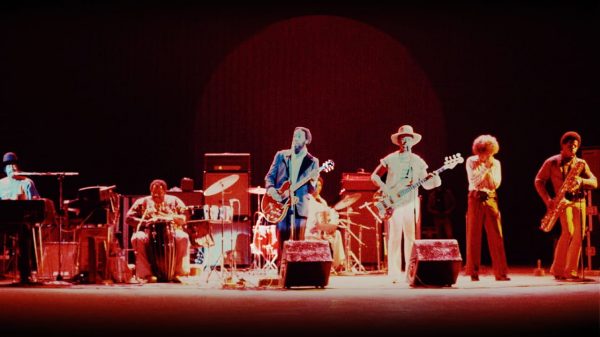
















Hank Lundqvist
December 6, 2021 at 11:42 am
What a great article. More of these please.
James Silvester
February 18, 2022 at 4:20 pm
This looks like an amazing film, thank you for highlighting it.
Tt’s sad to see no mention of Wendy Carlos. For a film about women in electronic music from 1950 onward, this massively talented electronic musician and composer for The Shining, A Clockwork Orange and Tron should be included!
She’s a living legend and much deserving of respect and recognition, particularly from anyone interested in the history of electronic music
ORT
February 20, 2022 at 2:25 am
I have a couple or three of Suzanne Cianni’s albums but have not really heard of the others ’til now. Sooooo…I will look in to them and if I enjoy what I hear I will buy their music on vinyl.
Ms. Cianni is exceptionally good or at least to my ears she is.
ORT